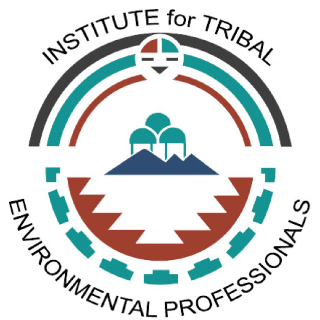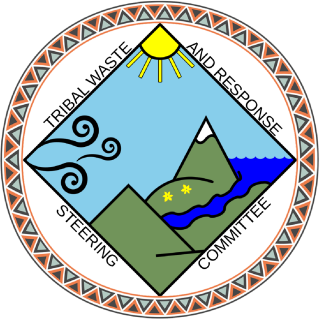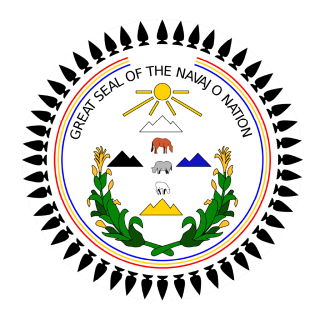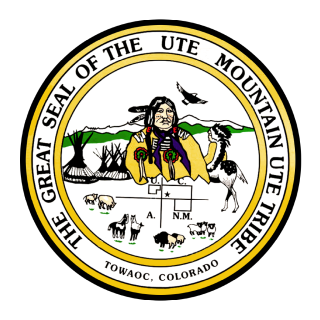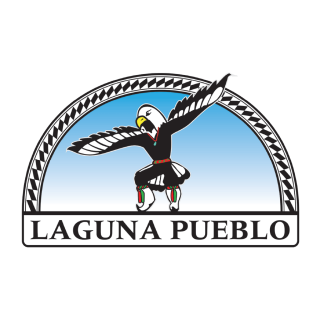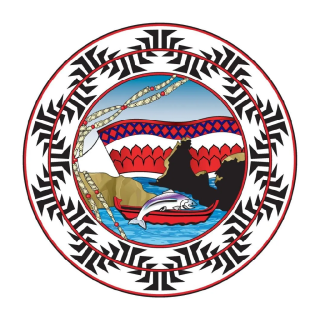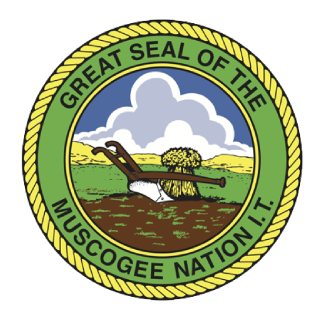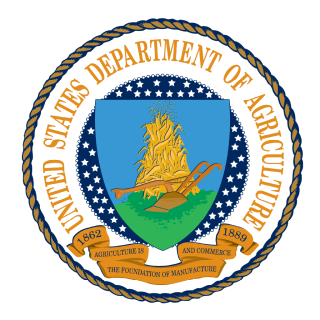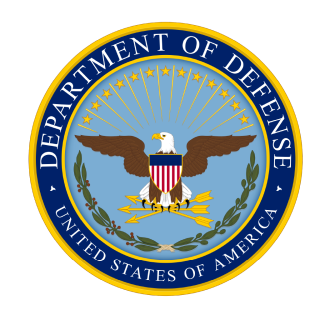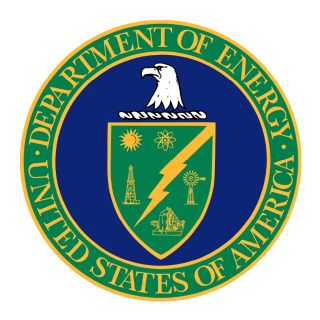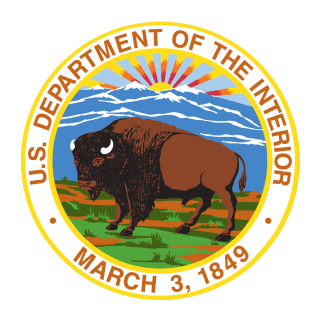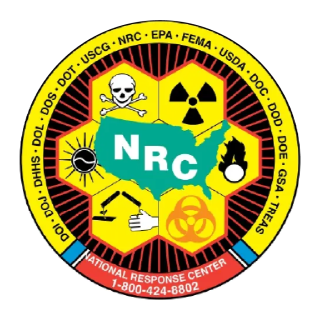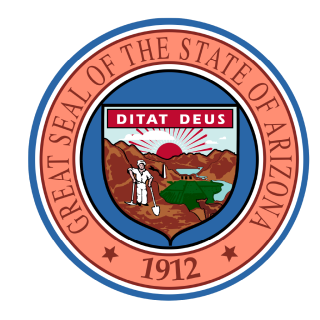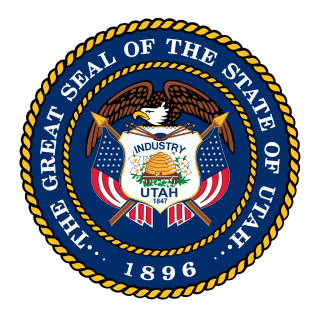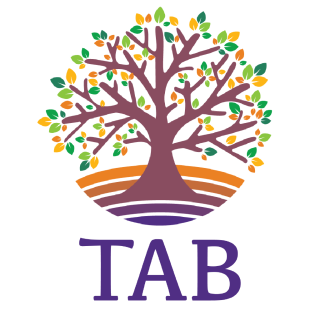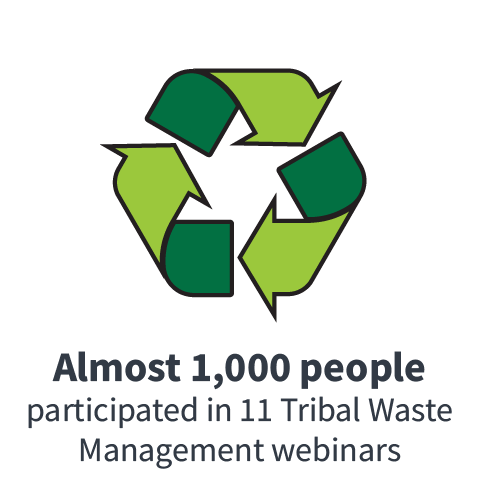2022 OLEM Tribal Program Accomplishments
EPA’s Office of Land and Emergency Management tribal program is committed to protecting human health and the environment in Indian country, while supporting tribal sovereignty, acting consistently with the federal trust responsibility and strengthening the government-to-government relationship with tribes. This page summarizes accomplishments by OLEM in 2022 to provide training, funding, technical assistance, and support to our tribal partners in cleanup, prevention and response programs. Collaboration with our many partners helped us increase tribal understanding and participation in key OLEM programs, including solid and hazardous waste, underground storage tanks, emergency management, Superfund, Brownfields, and federal facilities. For past OLEM tribal accomplishments, please visit the 2020 OLEM Tribal Accomplishments page and the 2021 OLEM Tribal Accomplishments page.
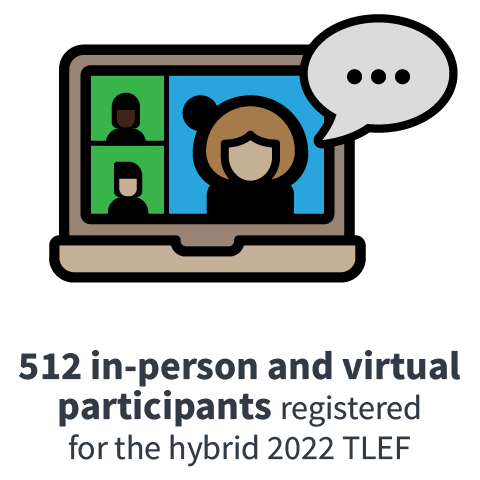
OLEM co-hosted the 2022 Tribal Lands and Environment Forum, bringing together 292 in-person and 220 virtual attendees to learn, share, network, and build tribal capacity to implement cleanup, prevention, and response programs in Indian country.
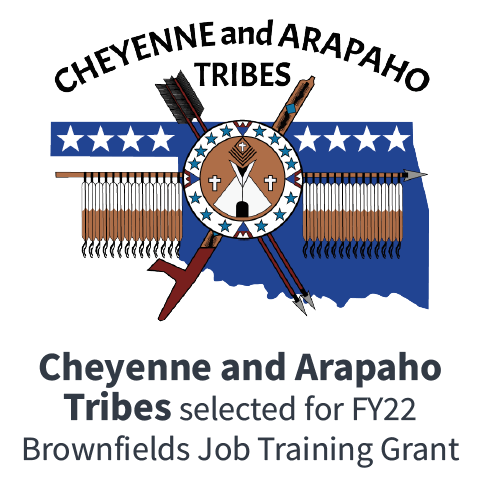
The Cheyenne and Arapaho Tribes were selected for a $200,000 Brownfields Job Training grant. The Tribes plan to train 75 students and place at least 42 in environmental jobs. The training program includes instruction and possible certification in 40-hour HAZWOPER, Lead Abatement Worker, and HAZWOPER Refresher. The Tribes are targeting unemployed and underemployed students across the Cheyenne and Arapaho tribal service areas.
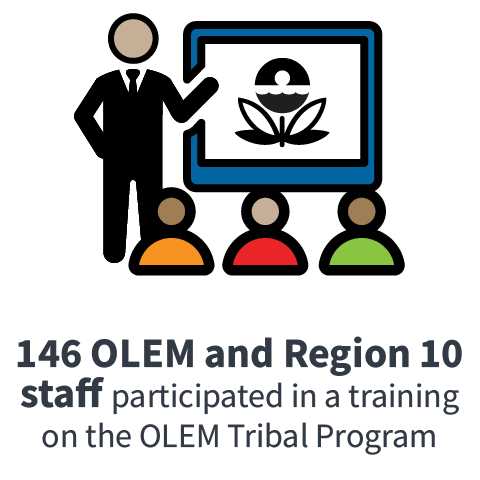
In celebration of Native American Heritage Month and to educate OLEM staff on important EPA and OLEM tribal policies and concepts, OCPA partnered with a member of the Tribal Waste and Response Steering Committee and citizen of the Yurok Tribe to provide an overview of the OLEM Tribal Program. 146 OLEM and Region 10 staff participated in the live webinar.
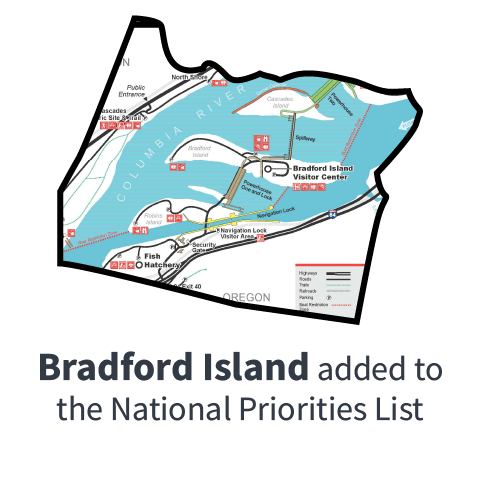
In March 2022, EPA added Bradford Island as a Superfund site on the National Priorities List. The decision to add the site followed requests from the Yakama Nation, the Oregon Department of Environmental Quality, and the Washington State Department of Ecology, in addition to other requests from community and environmental groups. Six other tribes who include Bradford Island in their traditional hunting and fishing grounds also expressed concerns regarding contamination at the site and possible impacts to natural and cultural resources.
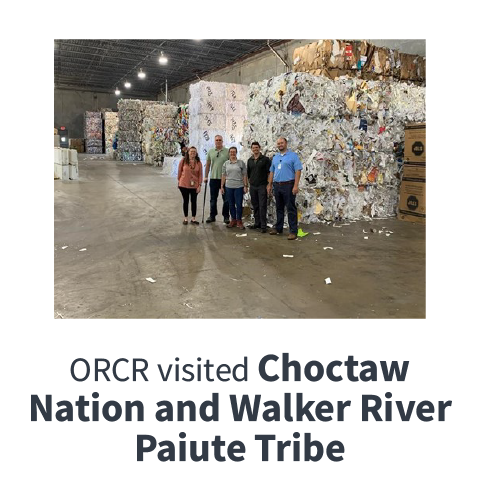
ORCR resumed site visits with tribes since the pandemic began. These visits are designed to build relationships, learn about tribal successes, and better understand challenges faced by tribal nations.
In 2022, ORCR visited:
- the Choctaw Nation of Oklahoma to learn more about their impressive recycling program, data tracking, and culture; and
- the Walker River Paiute Tribe in Nevada where tribal staff shared their success in ending open burning and curbing illegal dumping.
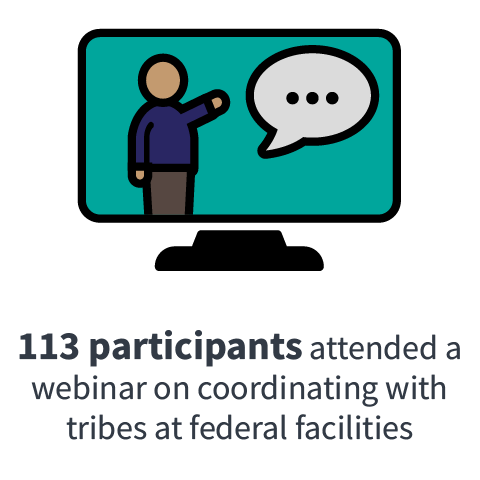
FFRRO and OSRTI provided a webinar in November 2022 on EPA policy on consultation and coordination with tribes and how those policies apply at federal facilities.
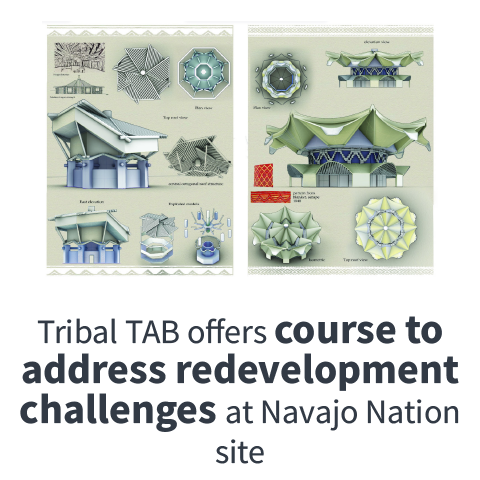
The Tribal Technical Assistance to Brownfields Program supported a semester Landscape Architecture Design Studio III course at the University of New Mexico in 2022. Students addressed redevelopment challenges at the former Round Rock Trading Post, a Navajo Nation Brownfields site in Round Rock, Arizona.
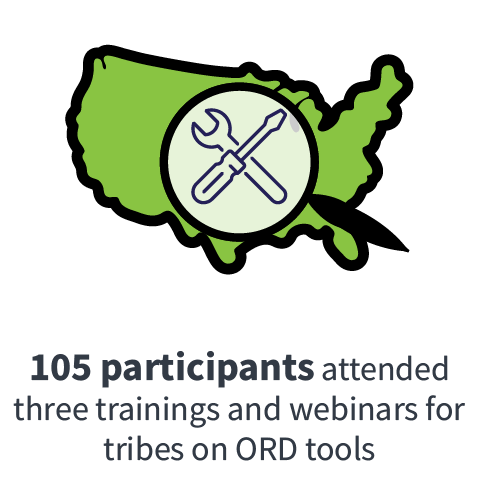
The Institute for Tribal Environmental Professionals and EPA’s Office of Research and Development collaborated to bring a series of trainings, webinars, and tutorials for tribes on ORD tools and resources. In 2022, ORD provided three trainings on the All-Hazards Waste Management Planning Tool and USTFinder to a total of 105 participants.
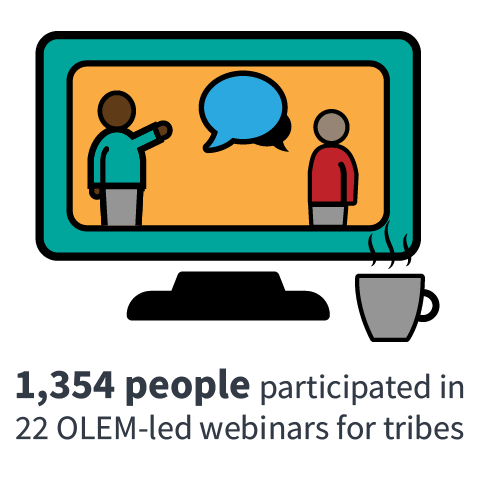
In 2022, 1,354 people participated in 22 OLEM-sponsored training webinars for tribes, covering 18 different topics.
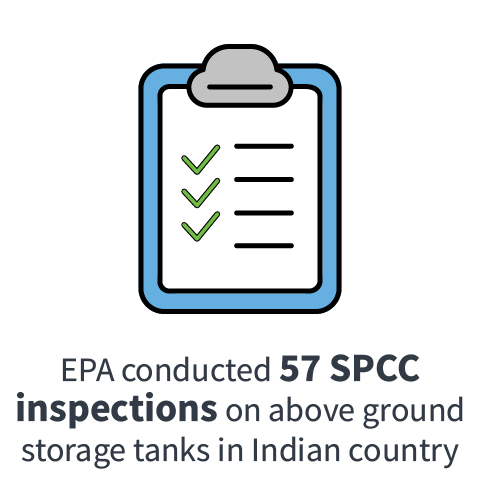
Overcoming less available certified staff and no additional funding, EPA, especially Region 6, performed 57 SPCC inspections in 2022 on tribal lands to ensure compliance with Spill Prevention Control and Countermeasures requirements to prevent oil spills and protect tribal residents and their environment.

The Tribal Technical Assistance to Brownfields Program provided direct assistance to 51 tribes during 2022. Tribal TAB staff also presented at 14 webinars, workshops, and other events, sharing Brownfields redevelopment information with over 700 combined tribal participants.
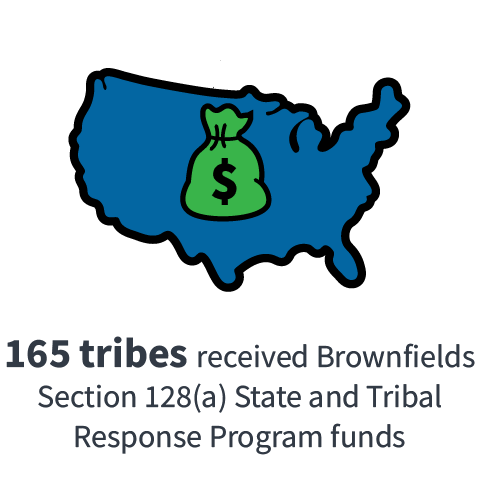
In FY22, 113 tribes received 26% of the Section 128(a) State and Tribal Response Program’s total annual appropriation funds. In addition, 52 tribes received 29% of the total amount of FY22 Section 128(a) Infrastructure Investment and Jobs Act funds. These funds are used to build and strengthen tribal environmental response programs and advance tribal environmental self-governance.
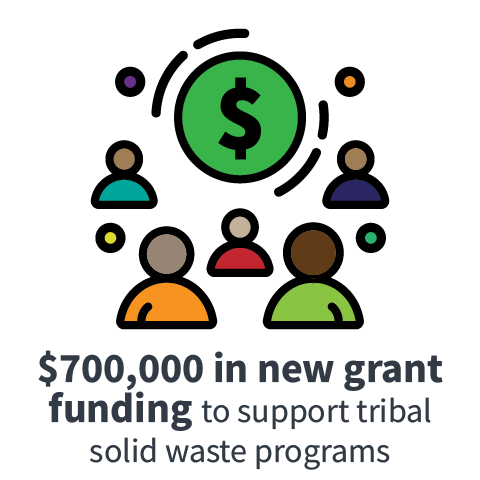
ORCR initiated a new solid waste grant program in FY22 to provide financial support to tribes for proper solid waste management in Indian country. EPA received 18 strong proposals that included activities to identify and characterize solid waste generation; evaluate ongoing waste management community concerns; develop outreach material; perform cost-of-service analysis; analyze facilities and operational practices; conduct feasibility studies; provide education and outreach to the community; and train tribal staff. ORCR expects to make seven to nine awards totaling $700,000 in funding.
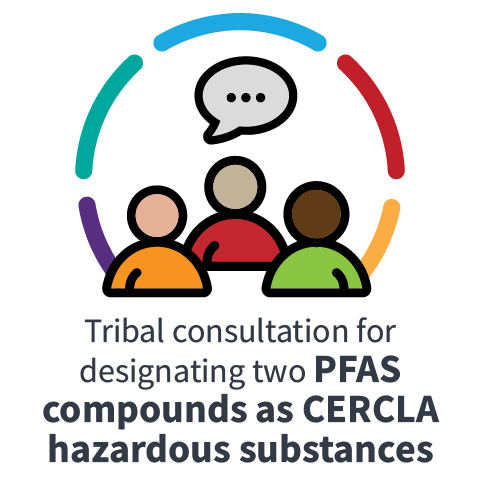
In August 2022, EPA offered government-to-government consultation to all federally recognized tribes on a proposed rulemaking designating perfluorooctanoic acid and perfluorooctanesulfonic acid as CERCLA Hazardous Substances. This designation had been identified as a priority of the Tribal PFAS Working Group.

In October 2022, the Office of Mountains, Deserts and Plains led EPA’s convening of a workshop in Denver with senior leaders from federal agencies, three tribes, and the Southwest four-corner states to discuss challenges and opportunities for disposal of some of the abandoned uranium mine waste in repositories located on federal lands. The federal agencies are evaluating existing technical and legal hurdles and identifying potential administrative or legislative solutions to dispose abandoned uranium mine waste on federal lands.
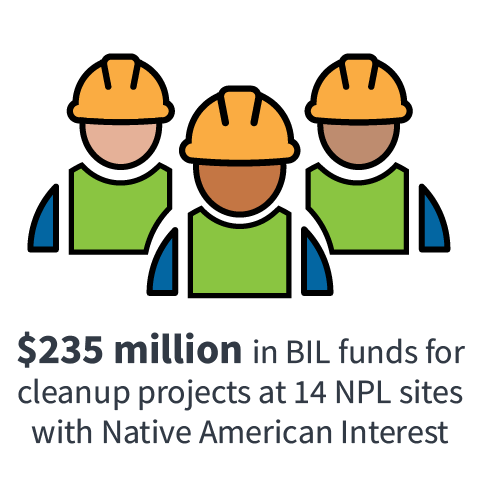
In FY22 more than $235 million in Infrastructure Investment and Jobs Act funds was obligated for construction work at 14 sites on the National Priorities List identified as having Native American Interest. This total includes approximately $5.7 million in Infrastructure Investment and Jobs Act funds awarded directly to a tribe for remedial action implementation.
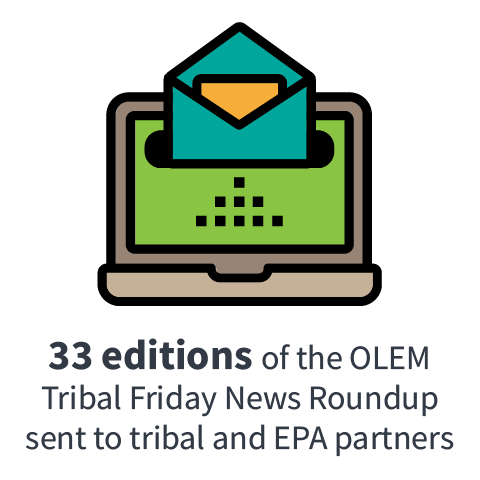
OCPA sent out 33 editions of the OLEM Tribal Friday News Roundup to our tribal and EPA partners in 2022. This email newsletter provides information, news, and announcements that may be of interest to tribes, including webinars, conferences, consultation opportunities, grants, and other events related to cleanup, prevention, and response programs

In FY22, 3 tribes who applied for Section 104(k) competitive Brownfields grants were selected for funding. Tribes received a combined total of approximately $1.5 million and included two first-time recipients.
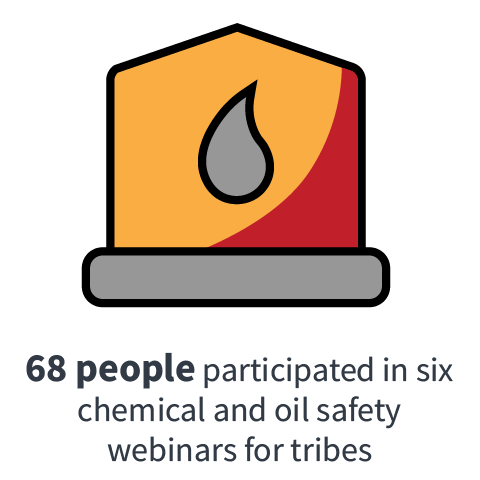
Over 68 people participated in two Introduction to Spill Prevention, Control, and Countermeasure Regulation and four Emergency Planning Community Right to Know Act webinars for tribes in 2022. These webinars helped tribes improve chemical safety and protect tribal health and the environment.
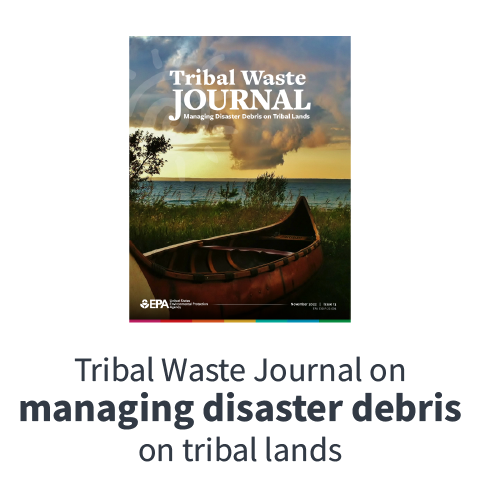
In 2022, ORCR published Issue 13 of the Tribal Waste Journal: Managing Disaster Debris on Tribal Lands. This issue assists tribes with preparing for disasters, including how to identify, properly manage, and dispose of disaster debris, as well as how to minimize and prevent environmental impacts. The issue includes success stories and a resources section with information, funding and technical assistance.
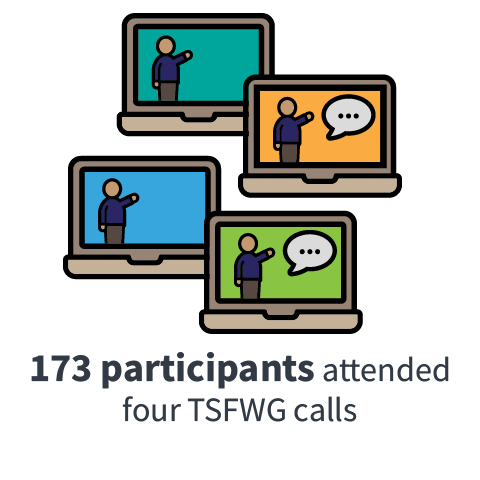
In 2022, quarterly calls of the Tribal Superfund Working Group provided discussion of priorities common to both tribal nations and EPA, including PFAS, NPL listing, federal facilities, and community involvement tools. 173 participants attended these four TSFWG calls.
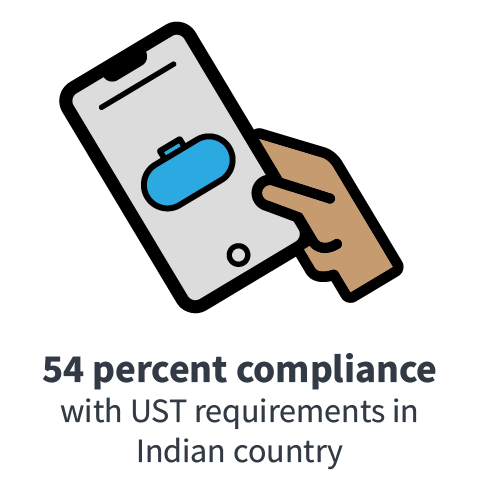
The technical compliance rate, which had been historically lower in Indian country, was on par (54%) with the national rate (56.5%) in 2022.
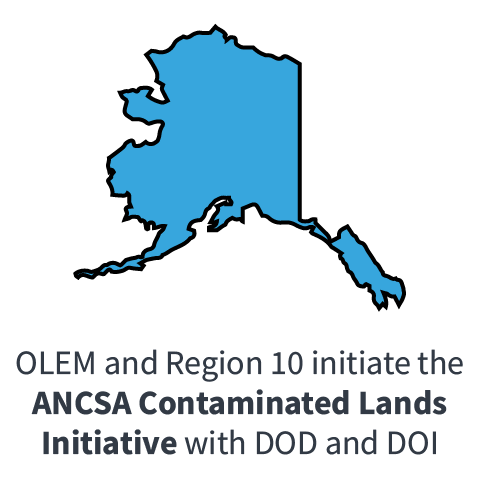
In June 2022, OLEM and Region 10 began co-leading the Alaska Native Claims Settlement Act Contaminated Lands Initiative in partnership with Department of the Interior and Department of Defense with support from other agencies. The initiative strengthens collaboration between the federal government, the state of Alaska, tribal and local partners to improve the process to cleanup those contaminated sites that have not been addressed.
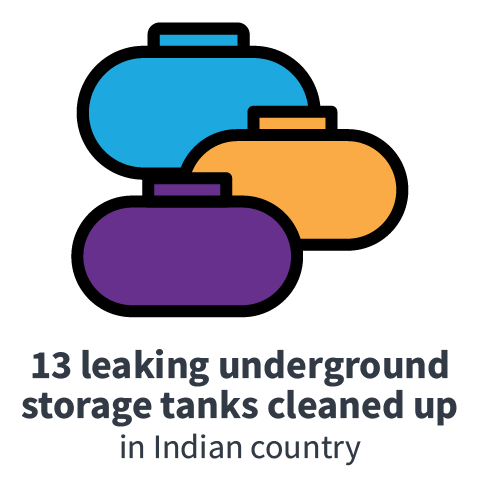
EPA exceeded its 2022 goal by completing 13 leaking underground storage tank cleanups in Indian country.
